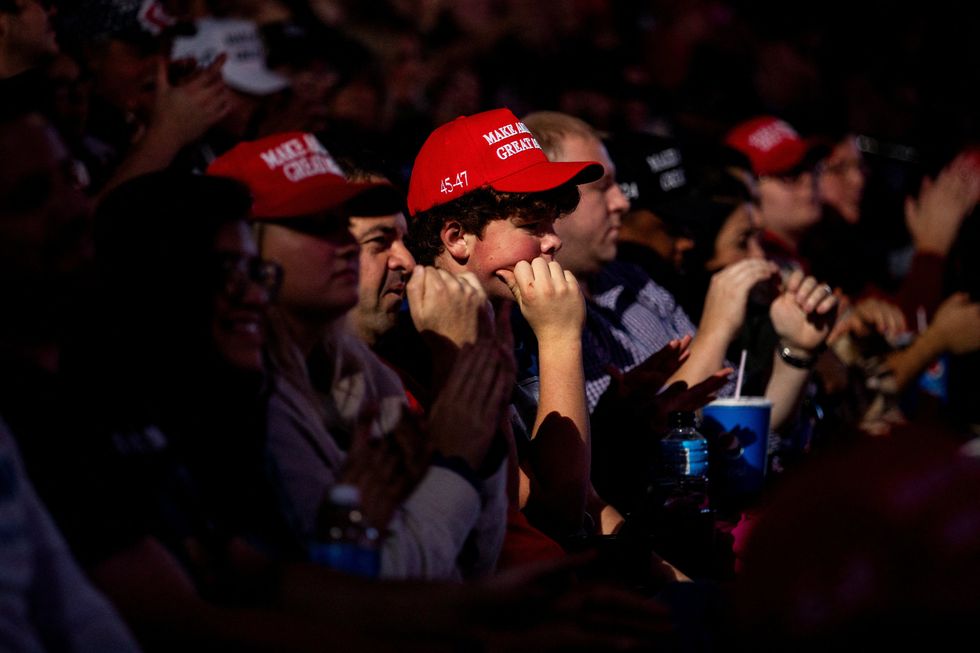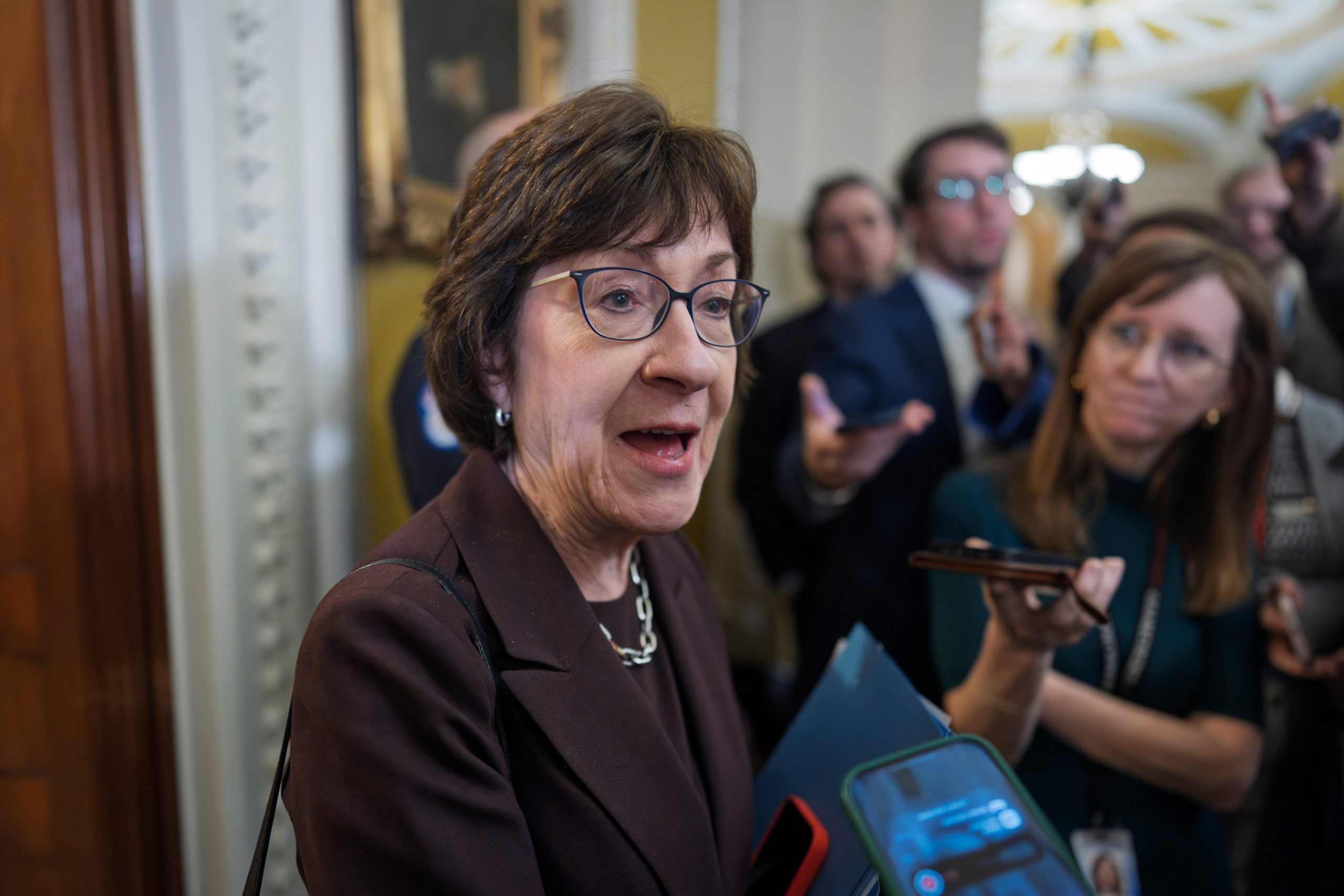In a recent discussion on his radio program, Mark Levin highlighted historical actions taken by U.S. presidents, drawing comparisons to current criticisms of Donald Trump. Levin contends that many modern protesters, who accuse Trump of dictatorial behavior, may not fully grasp the complexities of presidential authority throughout history.
Levin’s remarks come as part of a broader conversation about the nature of power and governance in the United States. He cited several past presidents who engaged in actions deemed authoritarian by today’s standards, including John Adams, who imprisoned citizens under the Sedition Act, and Abraham Lincoln, who suspended habeas corpus during the Civil War. These historical precedents, according to Levin, suggest a pattern of executive actions that challenge the notion of absolute presidential restraint.
Presidential Actions Through History
Levin pointed out that Thomas Jefferson and Ulysses S. Grant also resorted to military action for political objectives, with Grant notably suppressing the Ku Klux Klan in the South. He emphasized that while Trump’s actions have drawn criticism, they must be viewed through the lens of historical practices that include suspending civil liberties and controlling the press.
In his analysis, Levin noted the significant impact of Woodrow Wilson, under whose administration the Espionage Act of 1917 and the Sedition Act of 1918 were enacted. These laws led to the imprisonment of over 1,200 individuals, including prominent political opponents, a scale of repression he described as unprecedented in American history.
Levin also discussed Franklin D. Roosevelt and his administration’s contentious relationship with the media. He stated that FDR’s creation of the Federal Communications Commission in 1934 aimed to exert greater control over broadcasting, reflecting a broader strategy to manage public discourse.
The discussion continued with references to John F. Kennedy and Lyndon Johnson, both of whom employed government agencies to monitor and suppress dissent. Levin highlighted how Johnson used the IRS and FBI to surveil political adversaries, including civil rights leaders like Martin Luther King Jr..
Modern Implications and Political Accountability
In drawing these historical parallels, Levin expressed concern over contemporary political dynamics, particularly among the Democratic Party. He suggested that the party’s call for electoral reforms, such as eliminating the Electoral College, reflects an underlying authoritarian impulse. Levin argued that these actions are driven by a desire to reshape the electorate in favor of Democratic candidates.
He concluded by asserting that the real threat to democratic norms may not lie with Trump but with those who seek to alter fundamental electoral processes. Levin’s remarks are likely to stir further debate on the balance between presidential power and democratic accountability in the United States.
This analysis invites readers to reconsider their understanding of history and its relevance to current political discourse, encouraging a more nuanced view of presidential authority and its implications for the future of American democracy.







